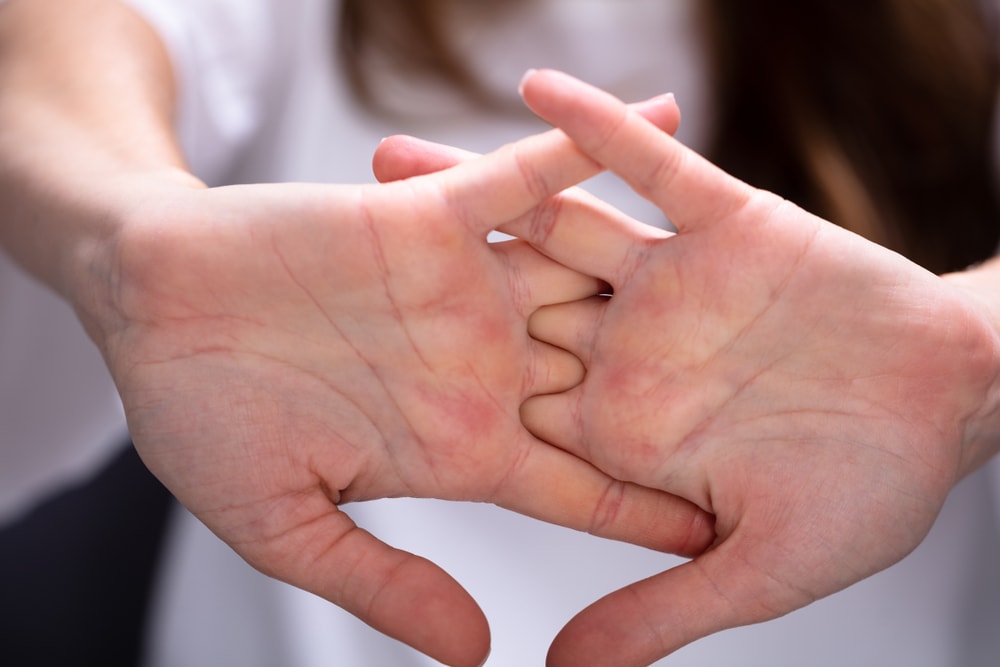We all want to be healthy in life, but a lot of misinformation can be difficult to sort through. Telling fact from fiction isn’t always easy, but we’re here to help you sort out the differences. Some facts have been stretched to the edges of their truth, and it is to the point that they’re almost completely wrong. So here are the common myths and misunderstandings that your doctor will probably want you to avoid. Here’s the truth about health myths even you probably have fallen for.

Myth: Cracking Joints Causes Arthritis
Truth: Some people cringe at the sound of someone cracking their joints. Whether it’s their neck or their knuckles, that “pop” can be a release to those who have tension or pain in those joints. It is an old wife’s tale that cracking your joints would make you more susceptible to arthritis, but the truth is that popping them doesn’t change anything at all. The “pop” sound does not result from the joints rubbing together. Instead, there’s a gas bubble that forms in the joint, and that “pop” is the bubble being burst.
Instead, many other factors come into play as to whether you’re more prone to arthritis or not. These include family history, age (the older you get, the more inclined you are), sex, obesity (extra pressure placed on the joints), and if there has been a previous injury to the joint.
